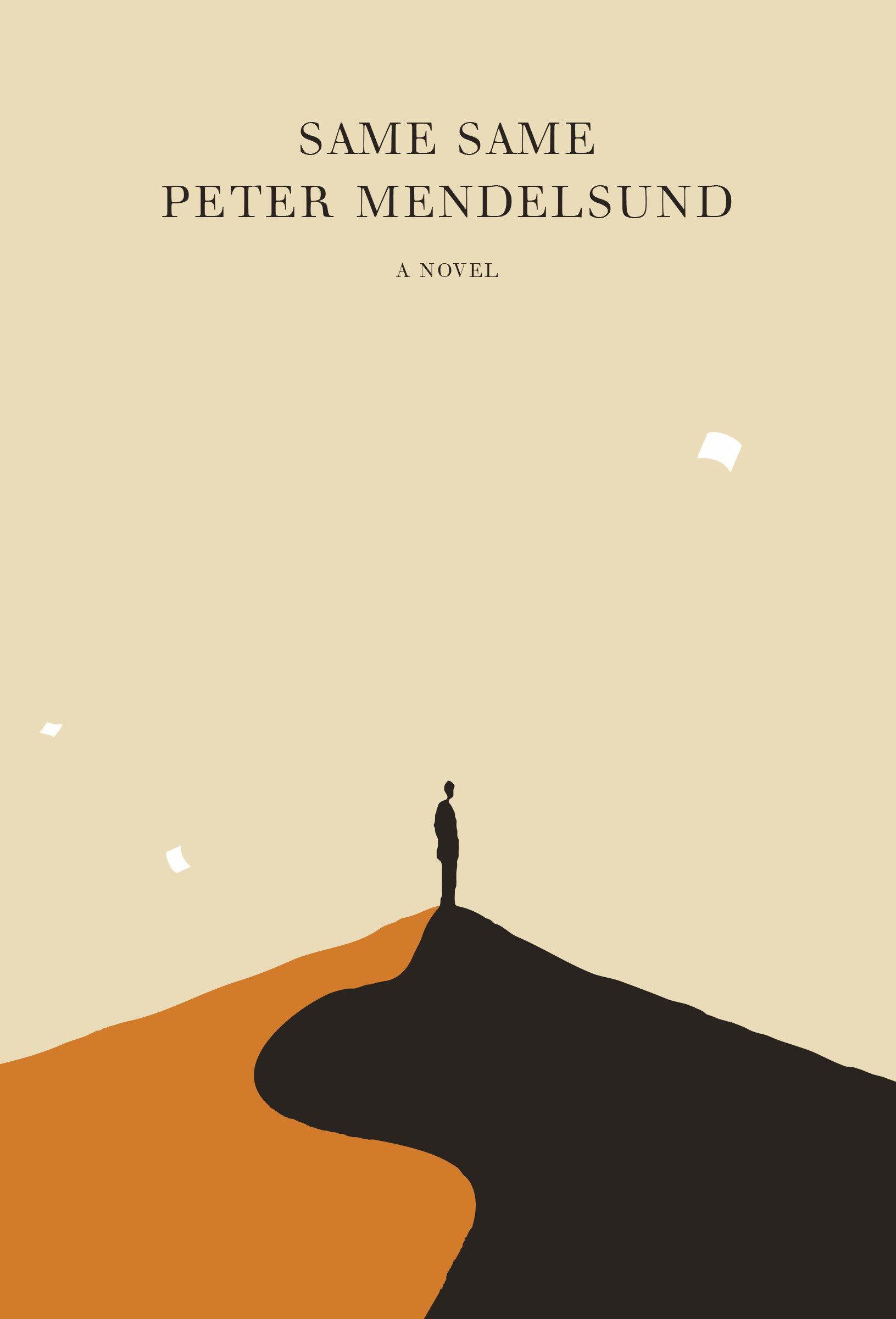Back when I was a child, like elementary school age, I was obsessed with Sailor Moon for... some reason. And honestly it's weird, not because it's weird for any child to be obsessed with Sailor Moon, but more because throughout all of that time, I did not have any access to the main route that everyone else consumed the series at the time, as in the mid-nineties anime. I saw maybe a grand total of two or three episodes -- because my family didn't have cable, but I had some disposable income, I read all volumes of the original manga, had some of the novelizations, some weird art books, and some toys.
So as an all grown up to treat myself I got for Christmas the Pretty Guardian Sailor Moon Vol 1 Eternal Edition -- yes, the large, glossy, sparkly version. I picked up this version rather than the smaller, cheaper volumes because this one apparently has a better translation, and, most importantly, more color pages. When I was a kid, most of the reason I liked Sailor Moon was the colors, so those big, glossy, dreamlike spreads in the middle of the book? The most important thing.
Anyway, rereading it has been a trip. One thing I remembered but am constantly surprised by is the way Takeuchi draws out her storytelling. It's not bad, per se, but the way characters, heads, dialogue boxes and screen tone drift through voids with extremely limited background and anchoring makes the whole comic seem like it's being told through a dreamlike state, something that doesn't seem to be reproducible in a cartoon. I remember trying to copy the style when I was drawing as a kid and it... not working out. But still, if you're someone who wants to draw comics but struggles with backgrounds Sailor Moon's success might be worth studying.
Now that I'm older, and it may be partly a product of the times, some things read very differently. Like, I'm sorry to say, but Mamoru is a high schooler who walks around during the day in a tuxedo and is flirting with a middle schooler -- he is
That Guy. It's way more interesting now that Queen Beryl's lackeys are men who disguise themselves as women to enact their evil schemes, and they don't do it to do things that are barred off from men, like scientists and prep school teachers. If the original translation of these comics had not been so terrible (I was literally reading the original mixx comix versions, before the US had any idea whatsoever how to translate these) and I had been paying marginally more attention, I'm sure that Usagi disguising herself as a groom would have awakened something in me. As it was, even now, I did a double-take.

Anyway, lastly, a lot of the technology used in these beginning Sailor Moon chapters feels so... old. In the back of the book it has notes on how CDs and video rental stores work because kids these days don't have experience with these things. They have to have special wristwatch communicators while these days every fourteen year old is going to have their own cell phone. Probably most interestingly is that it seems to make an assumption, a prediction, in the supposedly advanced technology that the Sailor Scouts have access to that it gets majorly wrong. Every device they use has its own function, whereas modern computers are always narrowing down to one device that can do all things.
Anyway. Will I get the next one? probably. When? I have no idea. It was enough of an ordeal getting this one at curbside at the independent bookstore and these volumes are a whopping $28 each, which is a lot for an afternoon's worth of nostalgia.

 I just finished the book Same Same by Peter Mendelsund and I am not sure if I enjoyed it. I bought it because the cover caught my eye and the blurb sounded intriguing:
I just finished the book Same Same by Peter Mendelsund and I am not sure if I enjoyed it. I bought it because the cover caught my eye and the blurb sounded intriguing: